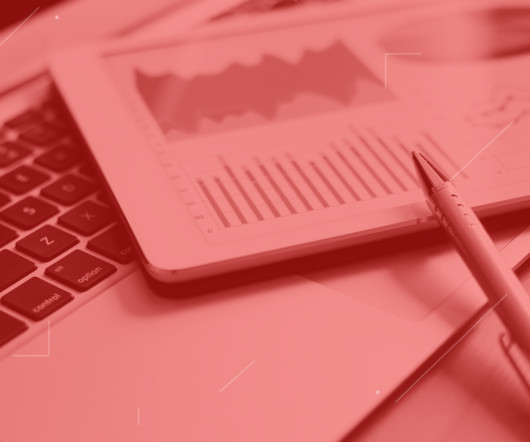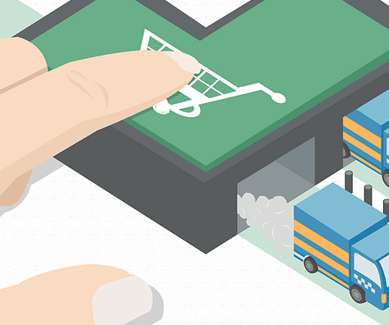Understanding eCommerce Business Models: A Guide
Wiser
OCTOBER 11, 2023
The Fundamentals of eCommerce Business Models An eCommerce business model is a strategic business plan, outlining how an online business will generate revenue, identify the targeted customer segment, and deliver value to said customers. Cons: Quality control issues, inconsistency, potential for non-payment.














Let's personalize your content